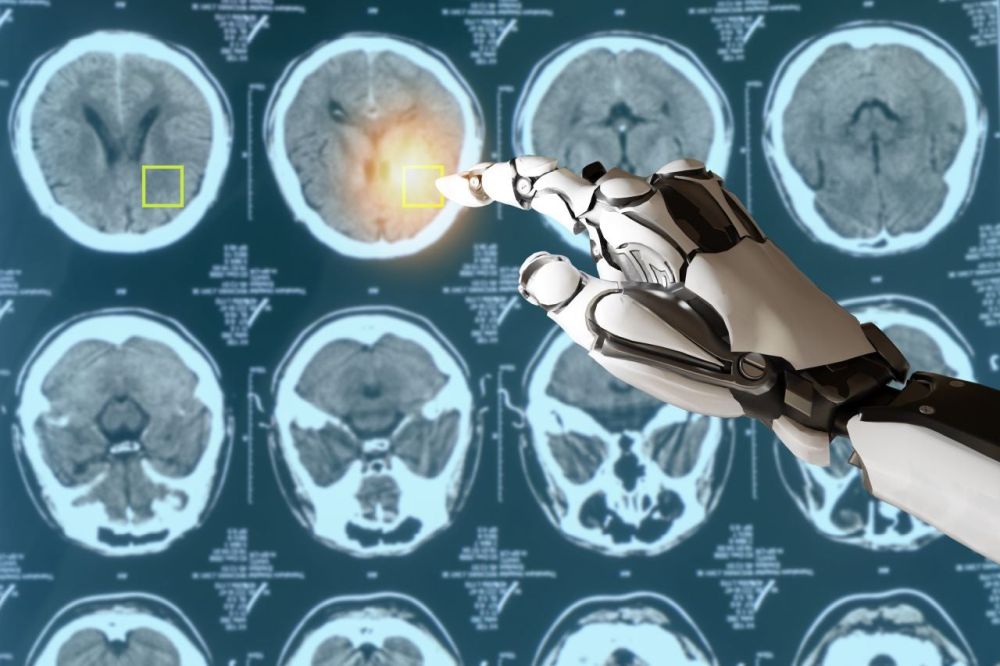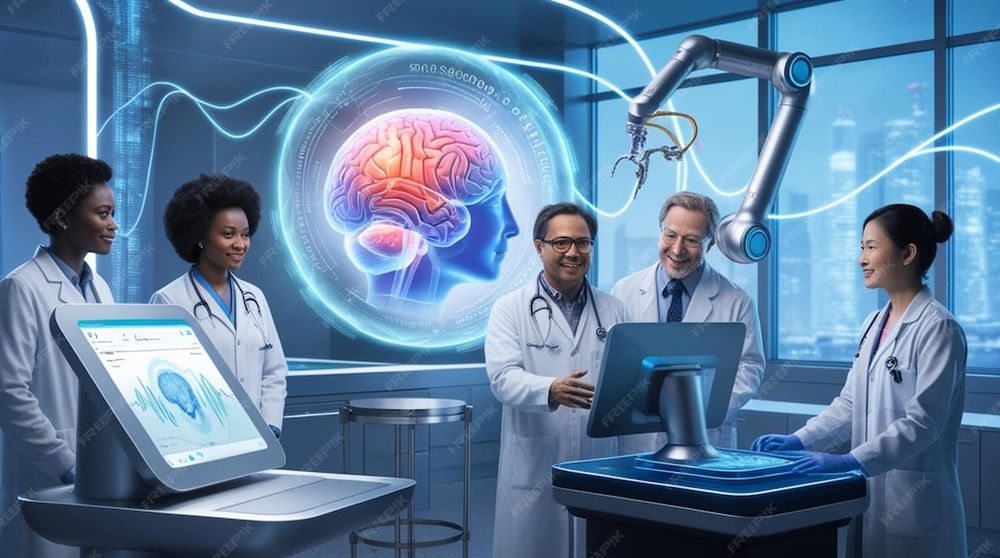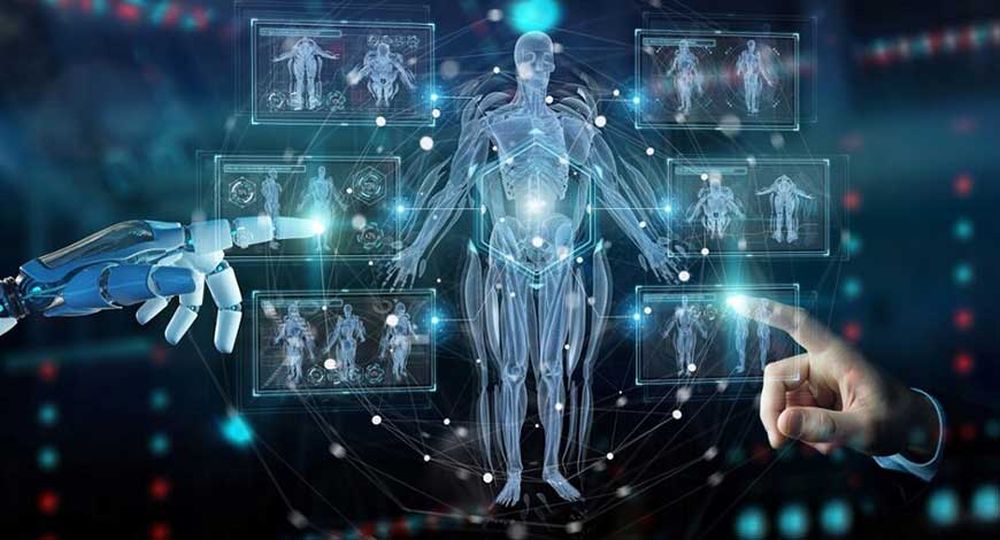Microsoft is forming a new organization to push forward superintelligent AI, but its first concrete focus is surprisingly grounded: medical diagnostics. The company aims to develop AI systems that can assist in analyzing patient data, identifying disease patterns, and supporting clinical decision-making. This direction offers both immediate real-world utility and a controlled environment for testing highly capable models.

The team is led by Mustafa Suleyman and supported by top AI researchers and engineers. Their task is to design the computing infrastructure needed to train and run extremely large models. This includes advanced datacenters, custom chips, and the software layers connecting everything. By controlling the entire stack, Microsoft hopes to make training frontier models more efficient and scalable.

Starting with healthcare gives the organization a focused application before moving toward broader AI goals. Medical diagnostics poses complex reasoning challenges without requiring full autonomy. It allows the models to be evaluated on accuracy, reliability, and real-world impact while operating alongside medical professionals. Successful systems could reduce diagnostic delays and expand access to expertise.

This move signals Microsoft’s intention to be at the center of the next stage of AI development. As demand for powerful models increases, controlling both the hardware and the research pipeline becomes strategic. The long-term ambition remains building AI systems with far-reaching capabilities, but the first step will be proving value in one of the most consequential sectors: human health.

#Microsoft #AI #Healthcare #MedicalDiagnostics #Superintelligence #Tech
